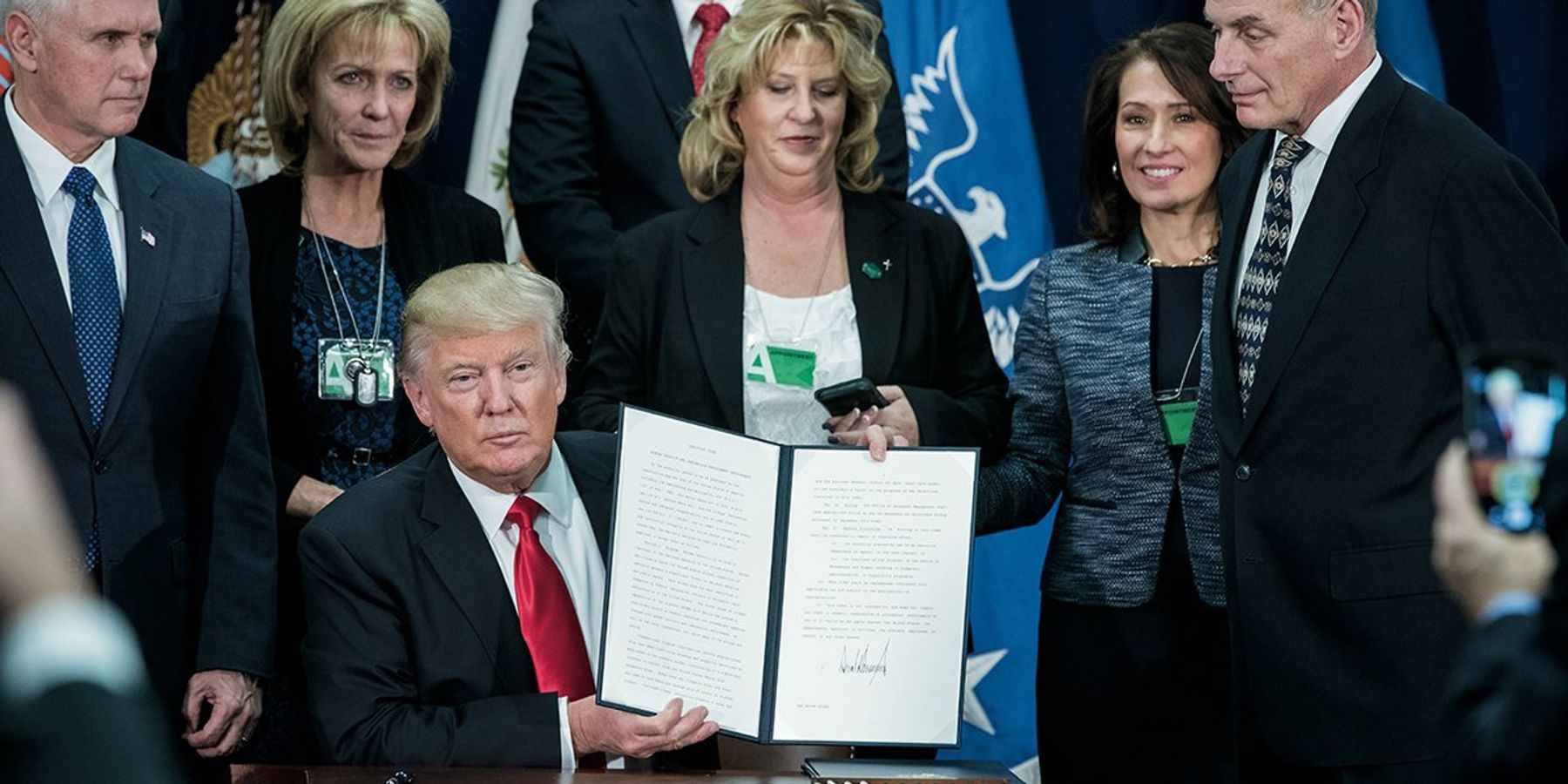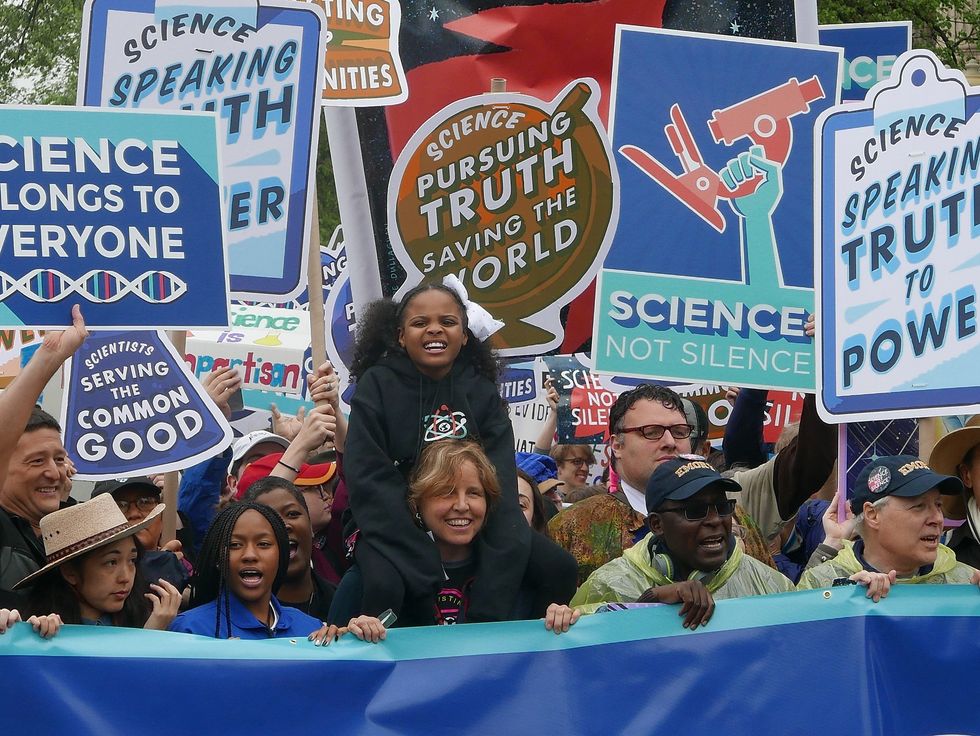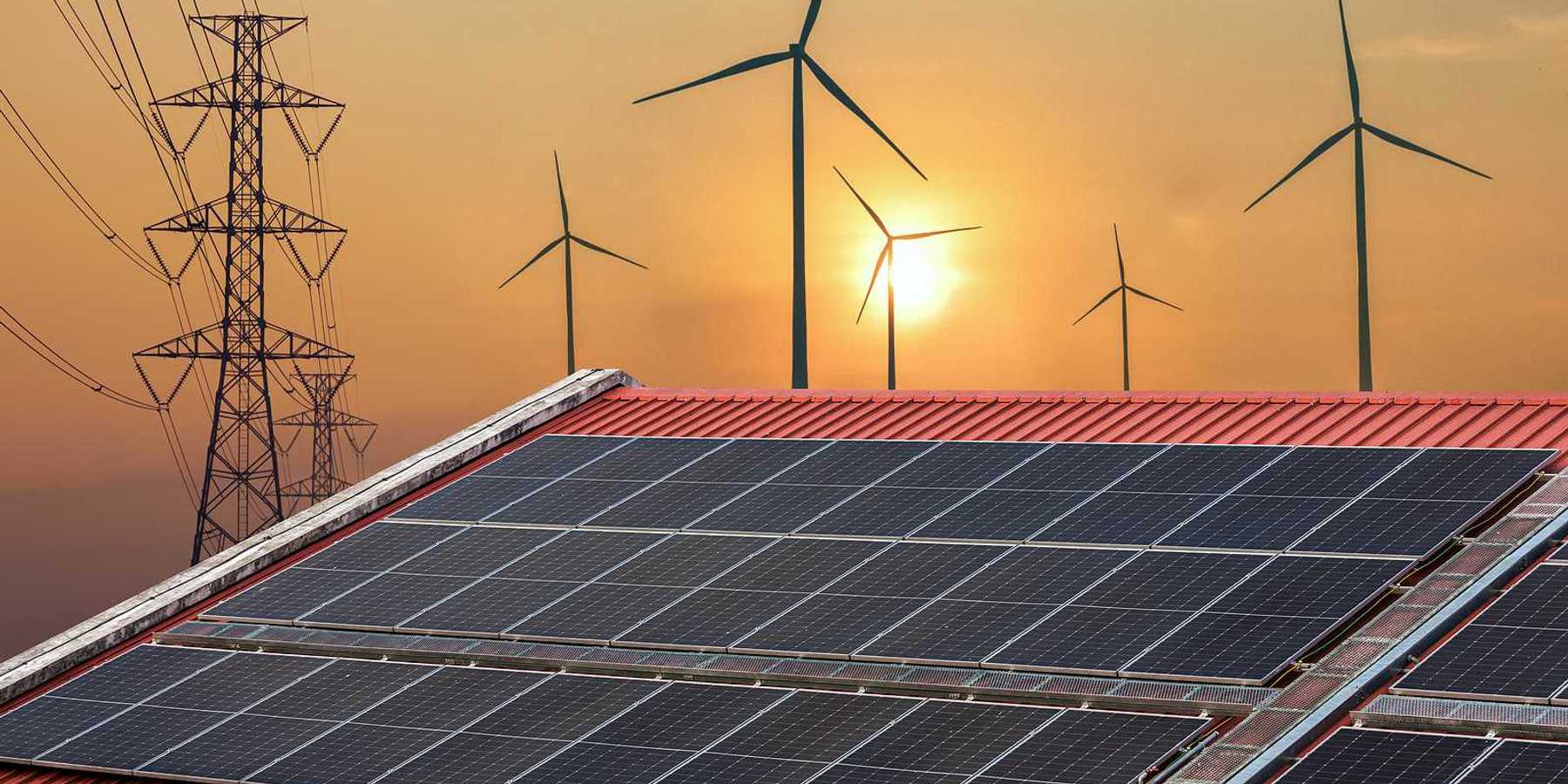
Op-ed: We mobilized to defend the EPA in Trump's first term. This time the stakes are even higher.
The rules as we understand them are changing before our eyes.
In early 2017 when the Trump administration was just starting to reveal its true intentions, I and other U.S. Environmental Protection Agency alumni formed a resistance organization to mobilize a defense for our former EPA colleagues and the mission to which they, and we, had devoted our professional lives.
We fact-checked the Trump administration’s version of environmental protection and defended the integrity of the agency and its personnel. We provided critical information to reporters, environmental organizations and Capitol Hill.
I walked away when the Biden-Harris administration took power. The EPA was liberated to do its job, to continue the path that had been set decades before in the Nixon administration and pretty much continued since, with the glaring exception of the Trump years (and the first couple of years of Reagan, thank you, Anne Gorsuch).
We are now facing another period of uncertainty. One potential outcome of the upcoming election is continued normalcy in which the EPA does its job (albeit under the surveillance of an unsympathetic Supreme Court; thank you, Neil Gorsuch).
Another possible outcome is the chaos and brutality set out in Project 2025, which would dismantle the expertise of the career civil service and set progress back to the time before we recognized that pollution does not respect state lines and that every citizen is entitled to environmental protections, wherever they live. Project 2025, a conservative blueprint that Trump has disavowed but was, in part, crafted by several former Cabinet members of his first administration, would give “the primary role in making choices about the environment” back to state governments. It would remove climate protection from the EPA’s to-do list.
As we have already lived through this sad drama, I went back and read what I wrote two years ago in the Democracy Journal about the organization we established to fight for environmental protections. Just as a reminder of what can and likely will happen with a Trump second term, I’d suggest you do as well.
The article describes the various attacks on both the substance and the process of environmental protection. It describes the tremendous effort it took to document and fight. The entire enterprise was predicated on the assumption that facts are facts and that making those facts available to people through a free press would be sufficient to help mobilize resistance and engage rationality, that information would help people understand what was at stake and nudge them toward action.

March for Science rally in Washington DC, April 22, 2017.
Credit: Susan Melkisethian/Flickr
To some extent, we had a bit of an advantage because the folks who were assigned by the first Trump administration to carry out this carnage were mostly novices. They had never before torn down government institutions.
Project 2025 shows they aren’t novices anymore. They have a better understanding of the levers of power and how things get done in the federal government. They are primed and ready to do serious damage, should they get the chance.
In the last part of that article, I tried to think about whether the business model for our effort could work if the agency were again under attack. I have no doubt that EPA alumni could be mobilized. And there are still reporters willing to shine a light on injustices and violations of law.
Where I have doubt is whether the circumstances are so different that the same theory of the case and the same tools would be insufficient.
In 2017-2021, we could reasonably hope that Trump and Trumpism were temporary. A second round of Trump could “mean that we have misread our own country,” as I wrote, which would make it harder to organize and to keep up our spirits this time around.
There are so many uncertainties, such cratering of principles we thought we could rely on in our effort.
What does a second Trump election with his myriad lies say about the power of facts and truth? What happens to the EPA when its cadre of scientists, analysts, lawyers, economists and other specialists are removed from their jobs or intimidated? How can advocates for clean air and clean water rely on an increasingly dysfunctional Congress to provide the minute and specific instructions apparently required now that the Chevron doctrine has been disposed of? Does a Trump-dominated EPA even try to carry out its statutory duties, much less try to work its way around the restrictions recently placed on it by the Supreme Court?
As I said in my analysis, the rules as we understand them are changing before our eyes. It would be well to refresh our memories of the realities of those challenging days.













